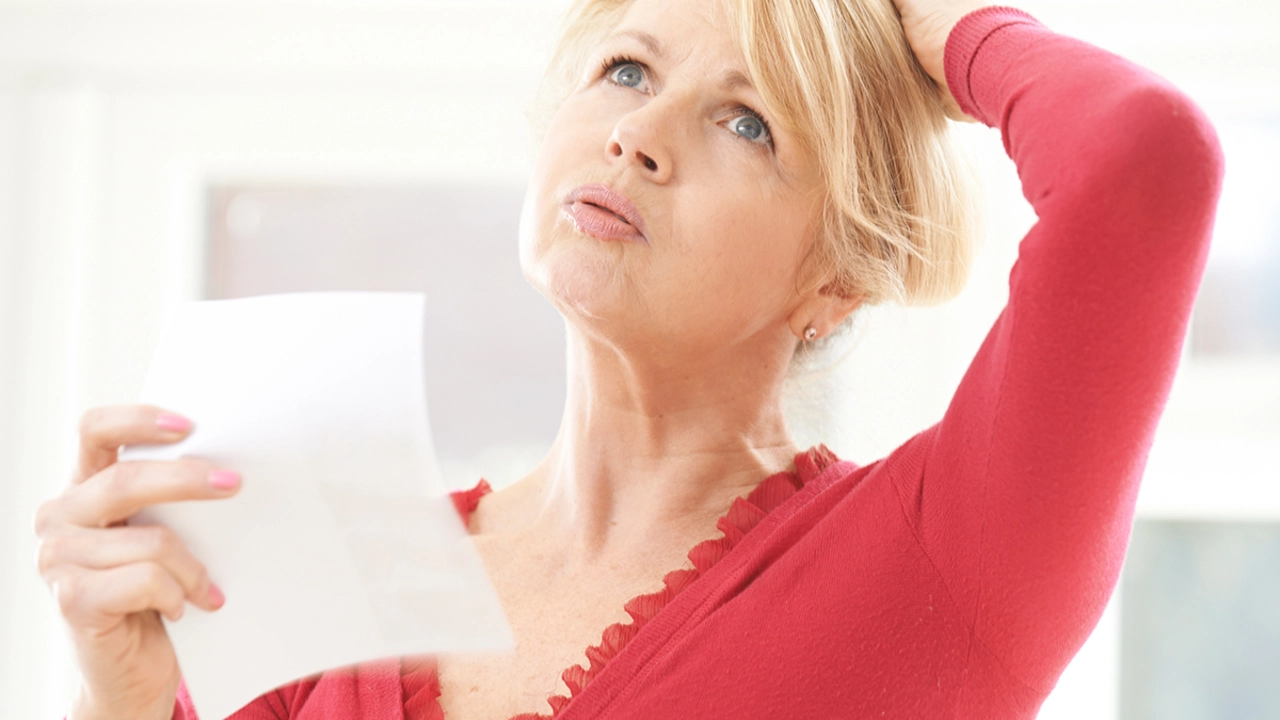Menopause – What Happens and How to Feel Better
If you’ve started noticing hotter days, restless nights, or mood swings, you’re probably hitting the menopause transition. It’s a natural shift when your ovaries stop making as much estrogen and progesterone. The change can feel sudden, but knowing what’s going on helps you stay in control.
Common Symptoms You Might Notice
Hot flashes top the list – a wave of heat that sweeps across your face and chest, often followed by sweating. Night sweats are the same thing after dark, and they can wreck sleep. Mood changes range from irritability to occasional low mood; some people call it “menopause brain” because memory lapses become more frequent. Vaginal dryness, reduced libido, and thinning hair are also part of the package. Finally, lower estrogen can weaken bones, so bone density loss becomes a real concern.
Managing Menopause: Practical Tips
Hormone therapy (HT): Low‑dose estrogen or combined estrogen‑progesterone patches, pills, or gels can calm hot flashes and protect bone health. Talk to your doctor about risks, especially if you have a history of blood clots or certain cancers.
Non‑hormonal options: Prescription antidepressants like SSRIs and SNRIs often ease hot flashes. Over‑the‑counter supplements such as black cohosh, soy isoflavones, or vitamin E help some women, but results vary.
Lifestyle tweaks:
- Dress in layers and keep a fan handy for sudden heat bursts.
- Avoid triggers like caffeine, spicy foods, alcohol, and hot environments.
- Practice deep breathing or mindfulness when a flash starts – the quicker you calm your body, the shorter it lasts.
Sleep support: Keep your bedroom cool (around 65°F), use breathable sheets, and limit screen time before bed. A short walk after dinner can lower night‑time sweat episodes.
Bone health: Aim for at least 1,200 mg of calcium daily from dairy, leafy greens, or fortified foods, plus 800–1,000 IU vitamin D. Weight‑bearing exercises – brisk walking, jogging, or resistance training – stimulate bone growth and keep muscles strong.
Mood & mental clarity: Regular aerobic activity releases endorphins that lift mood and improve memory. Social connections matter too; chatting with friends or joining a menopause support group can reduce feelings of isolation.
Remember, every woman’s experience is unique. Start by tracking symptoms in a simple journal – note the time, intensity, and what you ate or did beforehand. Over weeks, patterns emerge that point to personal triggers and the best relief strategies for you.
Menopause isn’t an endpoint; it’s a shift toward a new phase of life. With the right tools – medical help when needed, smart daily habits, and supportive community – you can keep feeling vibrant, confident, and in charge.
The Most Common Symptoms of Menopause and How to Manage Them
Alright fellas, brace yourselves for a whirlwind tour of menopause! Yes, you heard it right, menopause! It might sound like a foreign territory, but here we go. Its most common symptoms are hot flashes, mood swings, and sleep disturbances - all the fun stuff, right? But don't you worry, we can tackle this with a few coping strategies. Regular exercise, a balanced diet, and relaxation techniques can help lessen the severity of these symptoms. So, menopause isn't just for the ladies, it's for us to understand too - let's conquer this together, one hot flash at a time!
